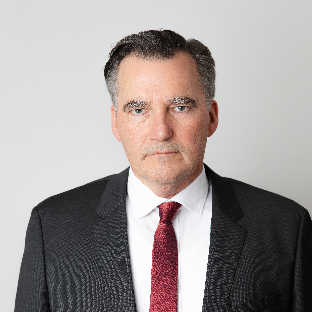- XELJANZ is the first and only oral medicine approved in Australia for the treatment of active polyarticular course juvenile idiopathic arthritis (pcJIA)1
- Juvenile idiopathic arthritis, which includes pcJIA, is one of the most common chronic childhood diseases in Australia, occurring in around 1 in 500 children2,3
- The availability of XELJANZ on the PBS provides subsidised access to a new mode of action (Janus kinase (JAK) inhibitor), in the form of an oral treatment option for active pcJIA, offering relief for patients with needle phobia and their caregivers1
SYDNEY, AUSTRALIA 11 DECEMBER 2023 — Pfizer Australia has welcomed the announcement that XELJANZ (tofacitinib) will be listed on Australia’s Pharmaceutical Benefits Scheme (PBS) from 1 December, for the treatment of patients aged 2 years or older with active polyarticular course juvenile idiopathic arthritis (pcJIA), who have responded inadequately to previous therapy with disease-modifying antirheumatic drugs (DMARDs),4a group of medications commonly used in people living with inflammatory forms of arthritis.
XELJANZis an oral medicine classified as a JAK (Janus kinase) inhibitor. The active ingredient, tofacitinib, limits the activation of the immune system that is involved in auto-immune conditions, such as pcJIA and other inflammatory conditions.4
Juvenile idiopathic arthritis is one of the most common chronic childhood diseases in Australia, occurring in around 1 in 500 children.2,3The inflammatory disease is characterised by ‘flares’, which cause significant joint pain, and can restrict a child’s ability to engage in age-appropriate activities, impacting their physical, social, and emotional wellbeing.5,6
“The availability of XELJANZ on the PBS offers subsidised access to the first and only Janus kinase (JAK) inhibitor approved in Australia for the treatment of pcJIA, in two formulations, a tablet and an oral solution – giving clinicians additional treatment options for their patients,”said Dr Jeff Chaitow, Head of Rheumatology at The Children’s Hospital Westmead.
“Many patients, living with juvenile idiopathic arthritis, require injections or infusions as part of their treatment, which can present challenges for children and their caregivers. This listing represents a significant advancement and offers relief for needle phobic patients and reduces the treatment burden,” Dr Chaitow said.
The reimbursement of XELJANZ reflects Pfizer’s ongoing effort to bring innovative treatments to market for Australian patients.
Associate Professor Ruth Colagiuri, founder of the Juvenile Arthritis Foundation Australia (JAFA), whose grandchild is living with arthritis, said the announcement was great news for the community.
“Eighty percent of children with juvenile arthritis endure daily pain, leading to limited physical activities, increased risk of mental and physical health issues, social isolation, and disengagement from education,”2said Associate Professor Colagiuri.
“Juvenile arthritis is one of the most under-recognised, misunderstood, and neglected childhood diseases in Australia. For children and their families affected, managing the condition can be complex, expensive and take a psychological, social and economic toll,” Associate Professor Colagiuri said.
Anne Harris, Pfizer Australia & New Zealand Managing Director, said the listing is an important step forward in delivering breakthrough medicines to patients and clinicians and demonstrates Pfizer’s expertise in JAK science.
“We thank the Australian Government for acknowledging the importance of providing additional solutions to individuals living with polyarticular course juvenile idiopathic arthritis and their families and we are proud to offer XELJANZ to this patient community,” Ms Harris said.








